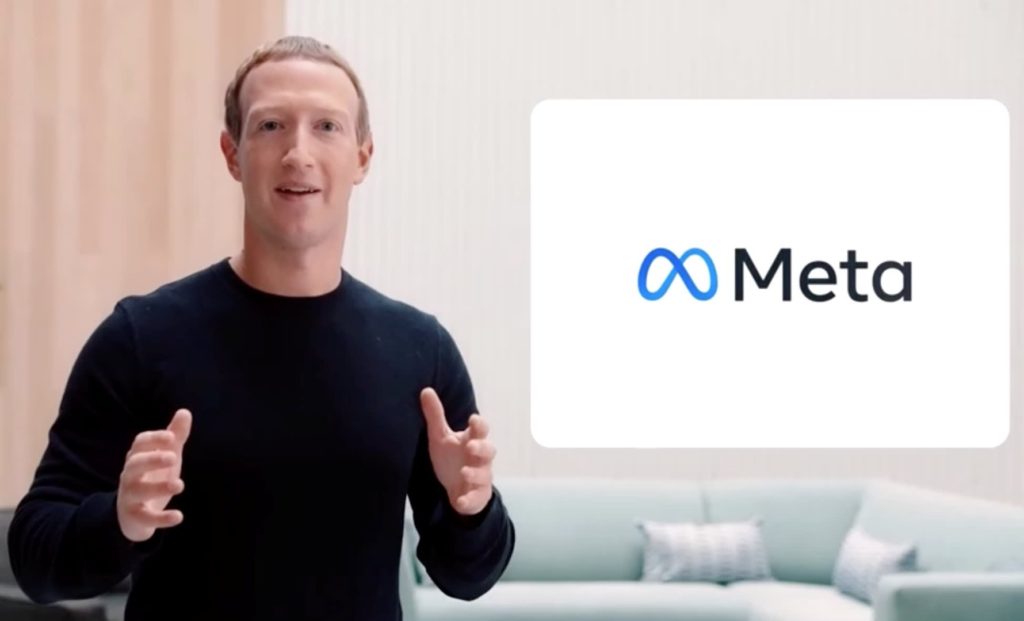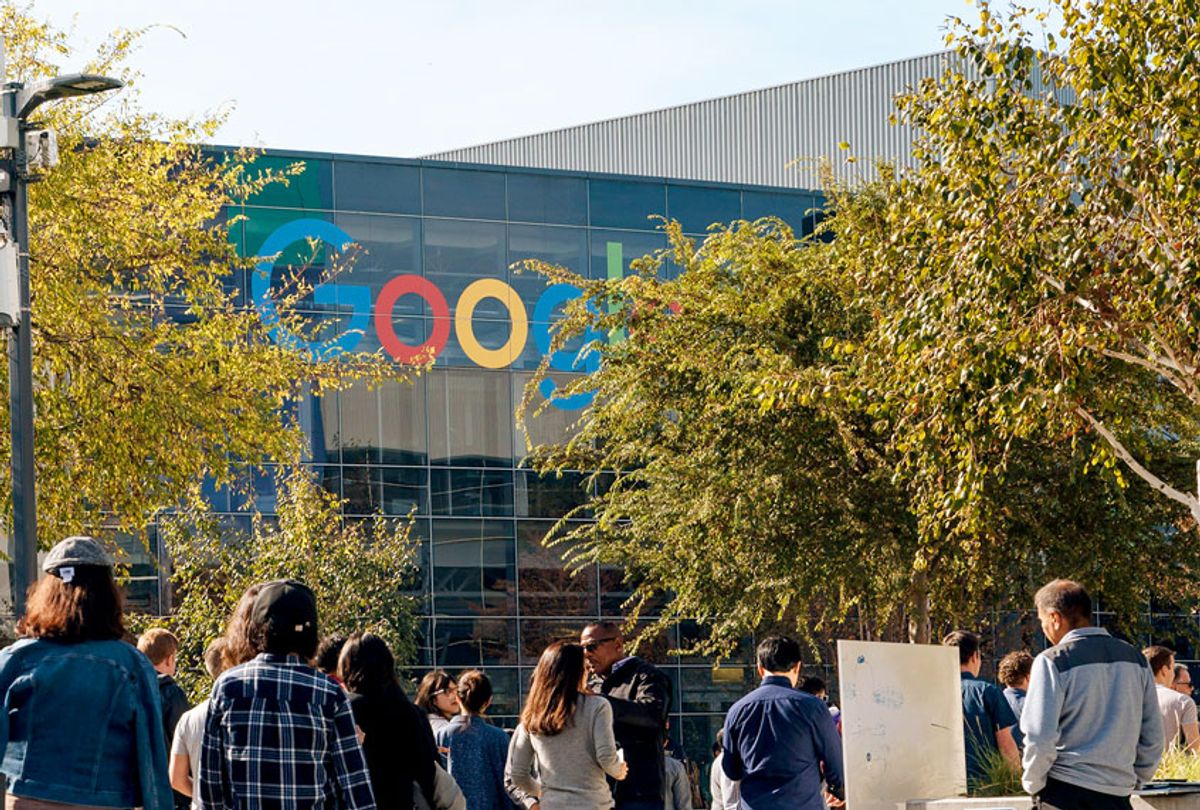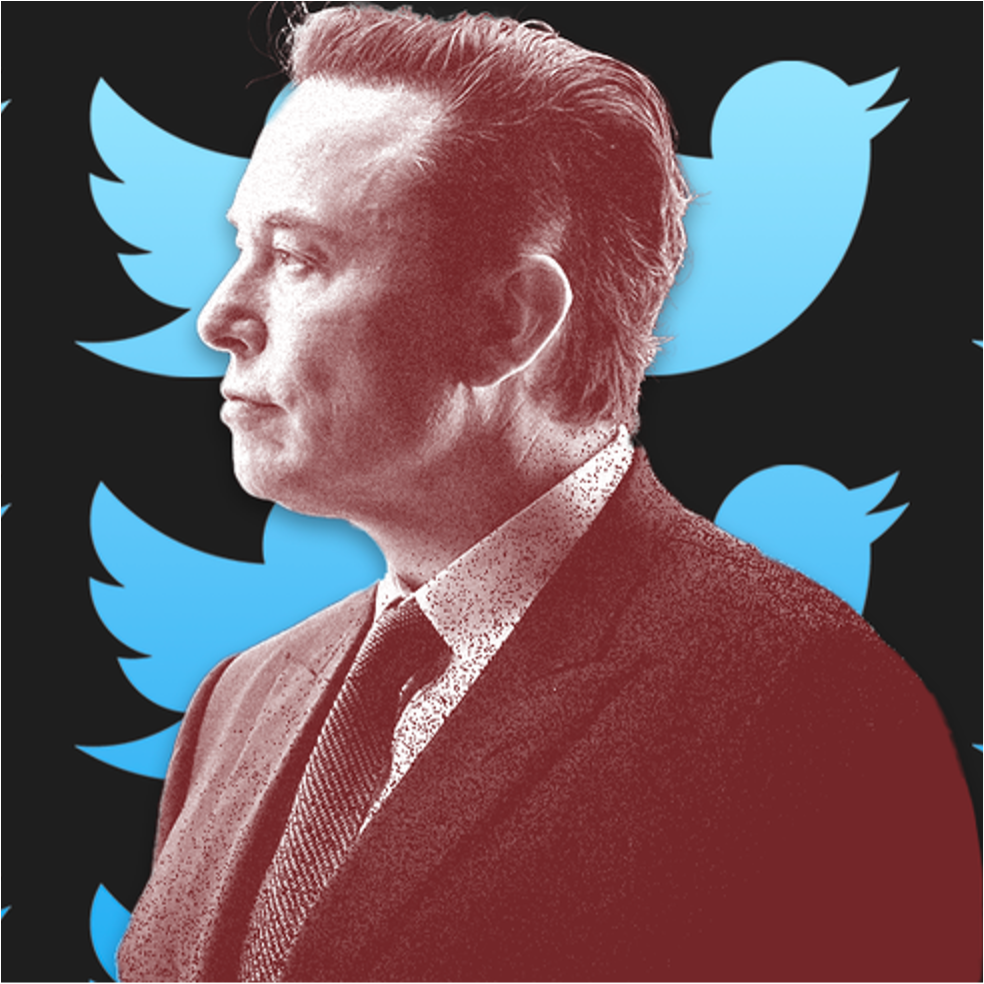Last week, Meta announced layoffs of more than 11,000 people or 13 percent of its workforce
“I want to take accountability for these decisions and for how we got here,” Meta CEO Mark Zuckerberg, wrote in a letter to employees. “I know this is tough for everyone, and I’m especially sorry to those impacted.”
While laid-off Meta employees may not care about Zuckerberg’s accountability, what they do care about, conceivably, is their newfound loss of a steady paycheck and need to find a job at a time when the cost of everything is exploding. It’s also not just Meta, of course. Twitter is handing out blue checks for cash while Elon Musk handed out pink slips to half its workforce or 3,700 jobs; Lyft cut 700; Stripe and Coinbase each nixed 1,100; Shopify another 1,000, Netflix 450 and Amazon is allegedly next (it should be noted, however, that TikTok is hiring).

This goes beyond tech as well. With a recession looming, some 70 percent of leaders say that they are planning or enacting cuts, according to a recent PWC study.
But unlike our parents’ generation—where people like my father stayed in one place for 50 years—these days workers and jobs seem to come and go rather often and loyalty is not what it once was. What often sticks with workers today, and can have a significant impact on a company’s brand, is how that separation occurs.
I worked for an organization many years ago and decided it was time to leave. I resigned respectfully and committed to stay on for at least two weeks, if not longer. Two days later I was walked out of the building and at least 10 of my former close colleagues were actually told to not speak to me. This embittered me terribly, so over a 10-year period, each time I was in a conversation about my industry—normally with marketing decision makers—the company came up and I rehashed my exit. At the same time, eight of the 10 people who were told I was persona non grata left within a year because it disgusted them.
Throwing people out the door without a shred of human decency has far deeper consequences than C-suite executives often realize. When you hear stories about layoffs or firings handled poorly, it leaves a lasting impression. Here’s a few shared with me:
- During COVID, the father of a friend unexpectedly passed. Her employer—whom she’d been with for five years—was aware. Once the COVID shutdown lifted, the company pressured her to resign and then demoted her, suggesting a decline in performance during a period they told her to take off to “heal” from her father’s death. Ultimately, they terminated her, then challenged her unemployment claim with the state and spread rumors about her to former coworkers. Seven hearings later, the state upheld her claim.
- A global marketing communications firm held a conference call with its 80+ offices on a Thursday afternoon. The CEO gave a state of the nation saying things were stellar. The following Monday, 100 people were walked out of various offices.
- A friend who has worked for some of the biggest agencies and tech brands in the world was laid off by a social media giant. His supervisor did not get laid off and was going to be on vacation when layoffs were announced. He asked my friend to manage all press communications around his own (and teammates’) layoffs before having to leave.
- Lee Enterprises laid off two of the Omaha Herald’s most beloved editors one month after giving bonuses to CEO Kevin Mowbray ($1,083,595), VP Ray Farris ($294,979) and VP Timothy Millage ($270,899).

In Meta’s case, an email was sent in the middle of the night to U.S. employees and the impacted workers were immediately locked out of its systems. Yes, the company allegedly provided generous severance packages to many of those laid-off. However, if Mark Zuckerburg truly wanted to take accountability, he would have reduced his own salary or forgone a bonus in 2022 and allowed those who were laid off to leave with some semblance of dignity instead of locking them out after an email. But it was far easier to slam the door shut and change the locks.
The bottom line is that layoffs will happen. People are going to get fired and they also will quit. But empathy matters. There is a humane way for companies to separate from employees. In 14 years, we’ve only walked one person out the door and that was because he made threats against another colleague.
Ultimately, these calculated playbooks developed by attorneys and human resource executives have destructive consequences to an organization’s reputation. They embitter those who leave as well as employees left behind who should be among the most vigilant defenders of the brand and thus are the greatest assets at a company’s disposal.



